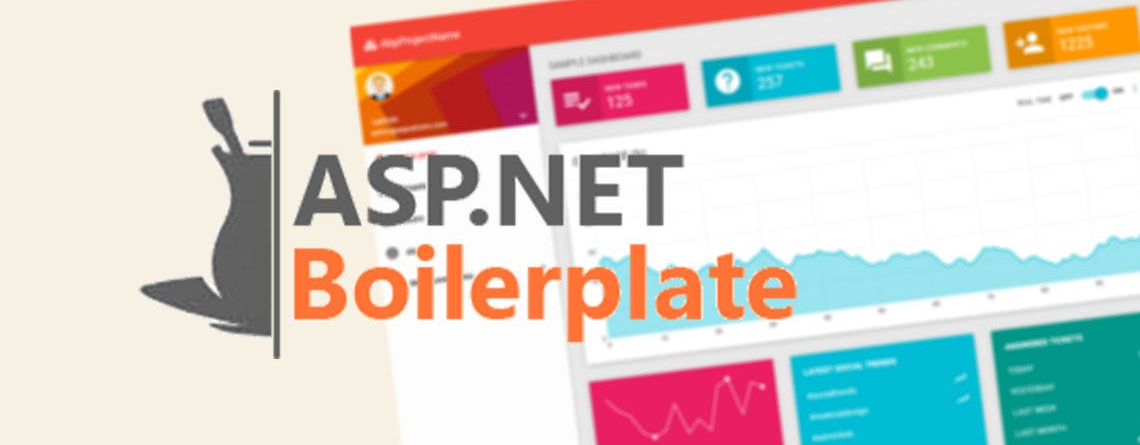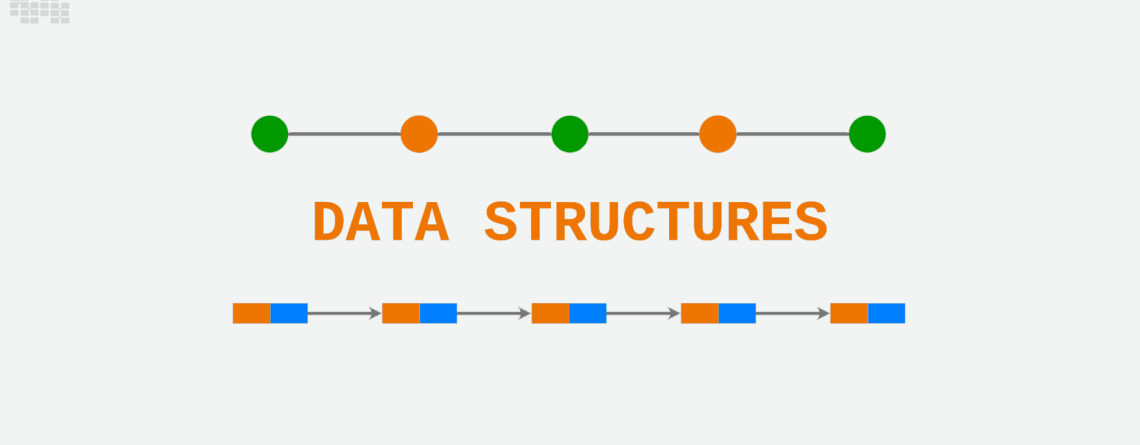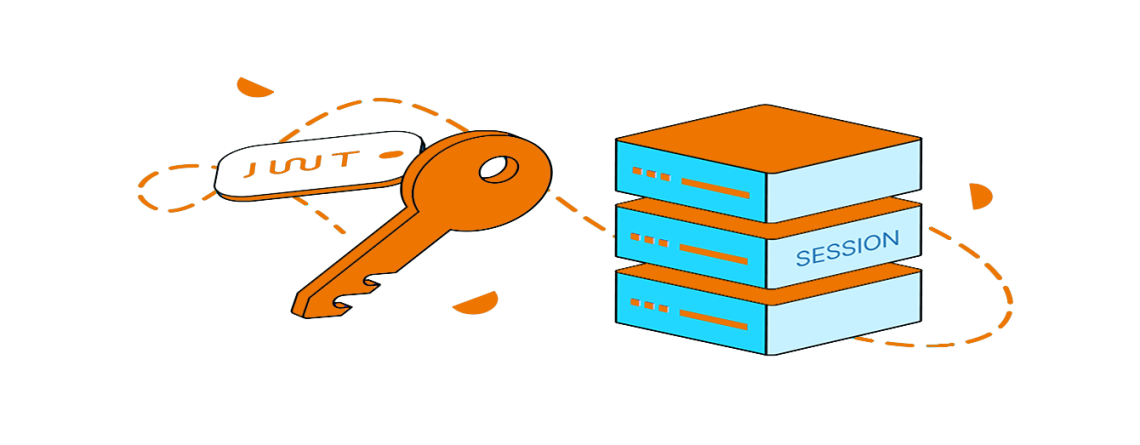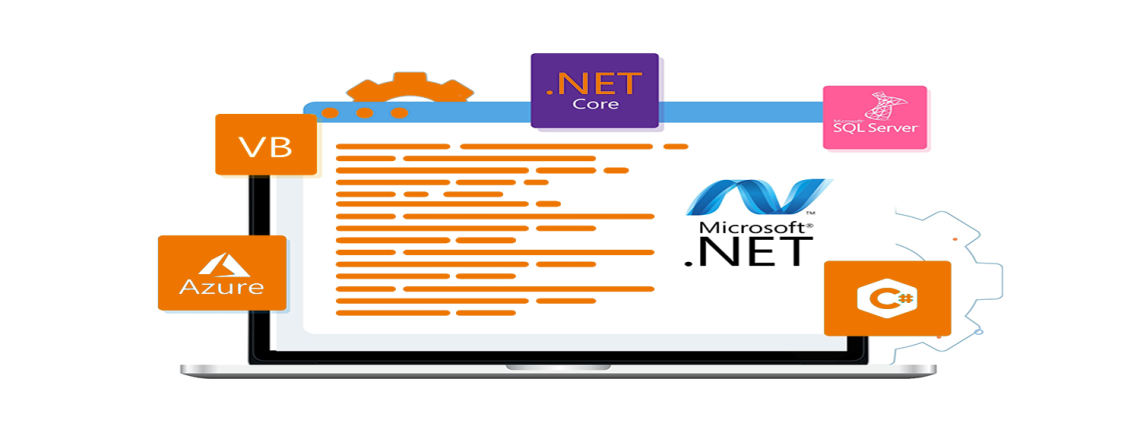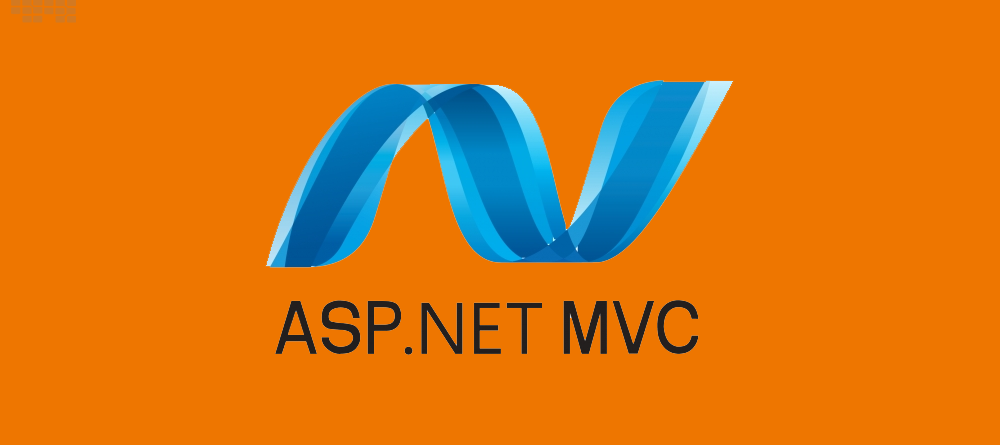Reasons to Choose ASP.NET Boilerplate for Web Development
Table of ContentsFull-Stack Framework in ASP.NET BoilerplateModular ArchitectureBuilt-In Authentication and AuthorizationFlexible Database SupportExtensive Built-In FeaturesSeamless Integration with Third-Party LibrariesActive Community and SupportScalability and Performance Is your next web development project in need of a strong and effective framework? ASP.NET Boilerplate is the only place to look. With its many features and advantages, this all-inclusive...


